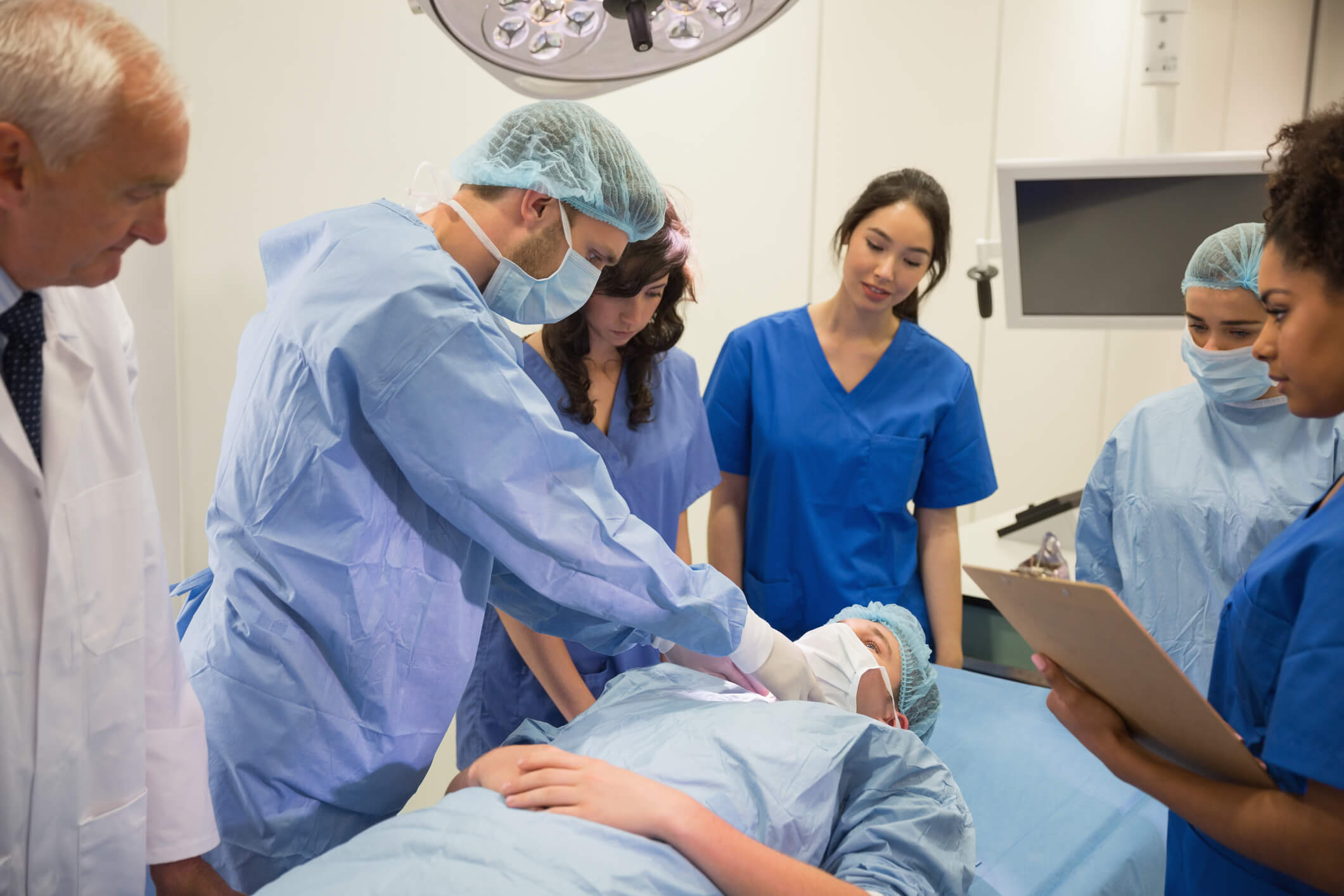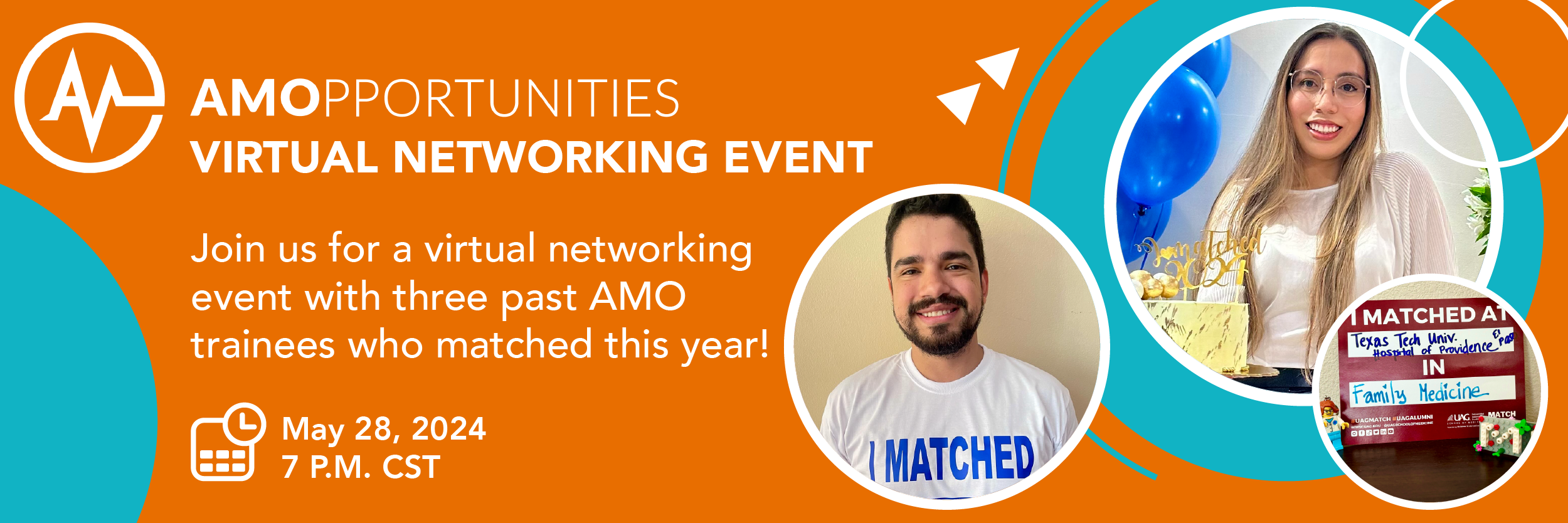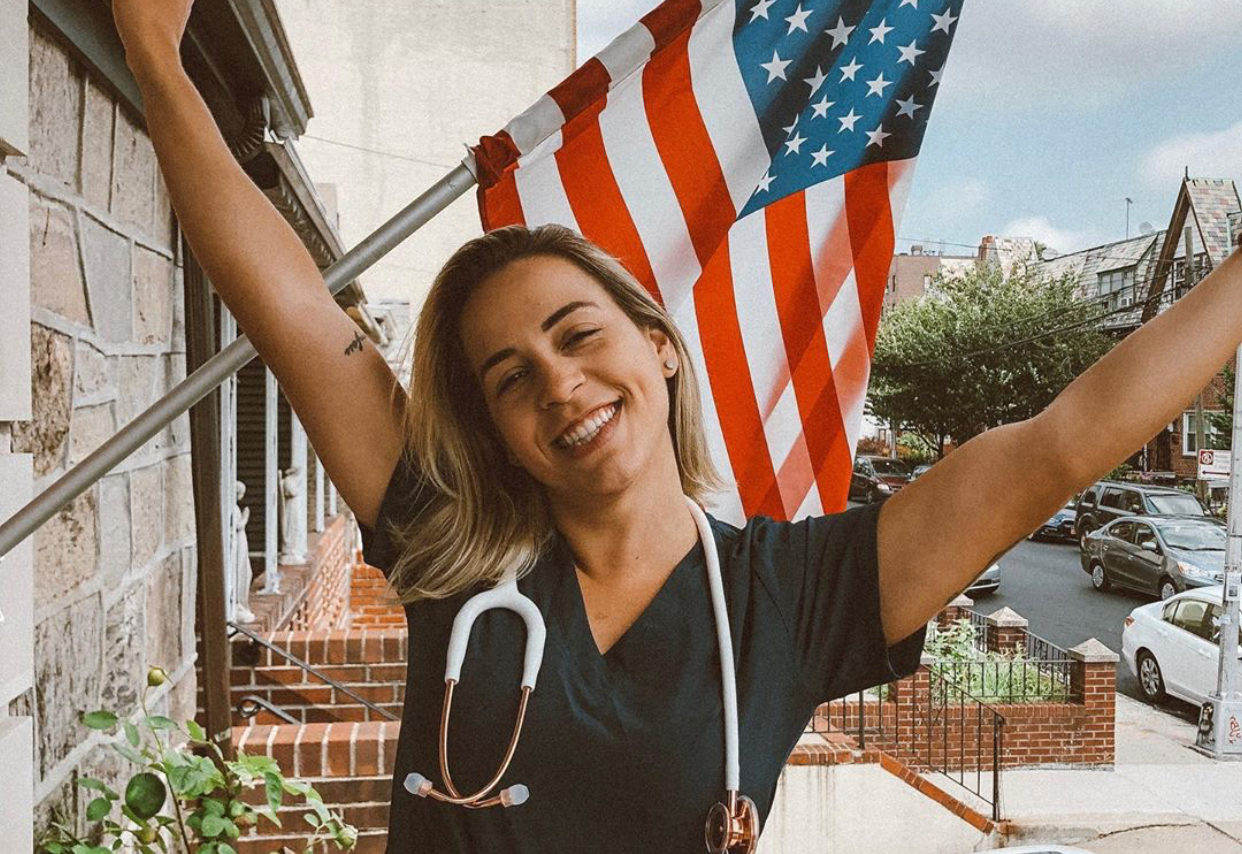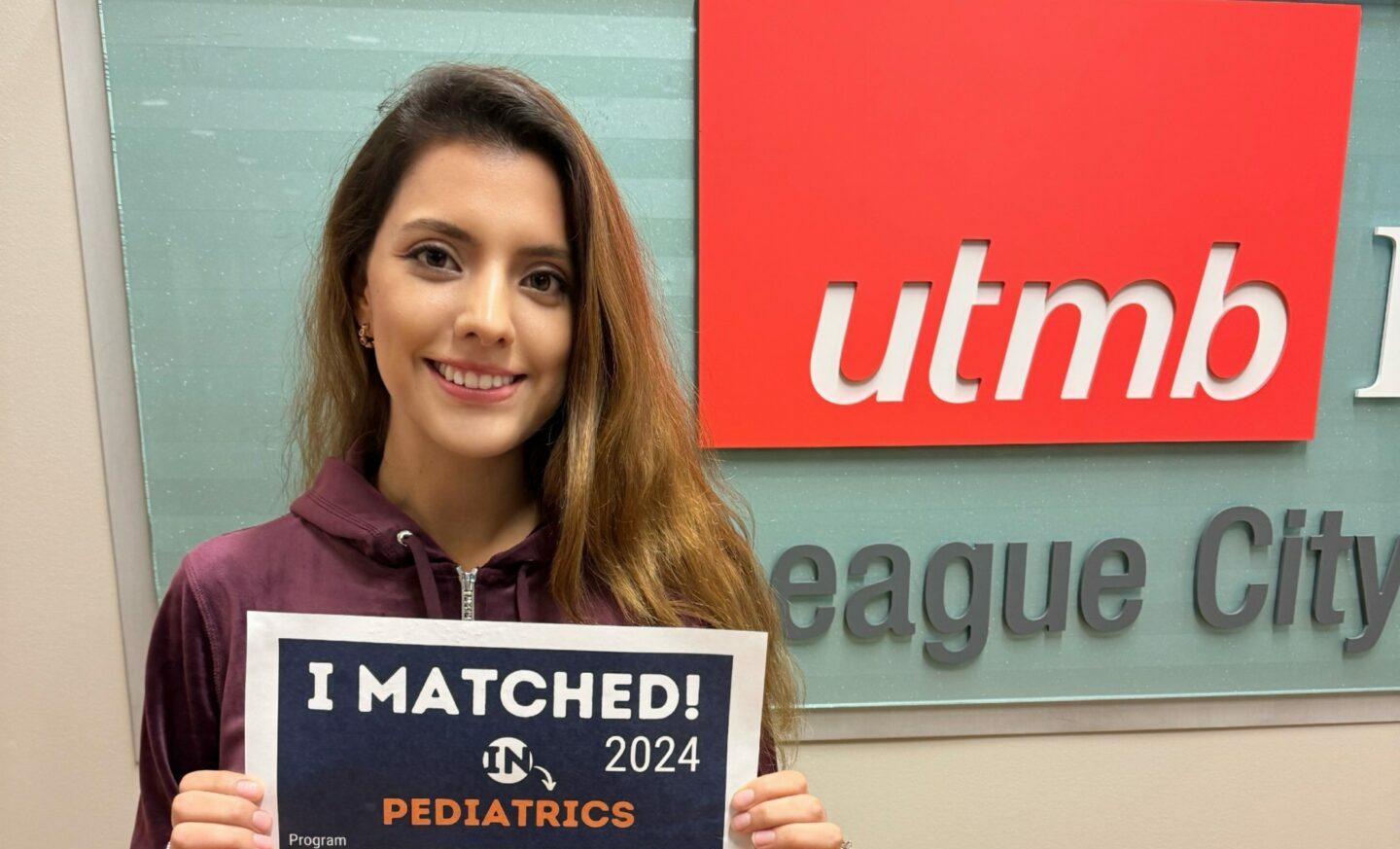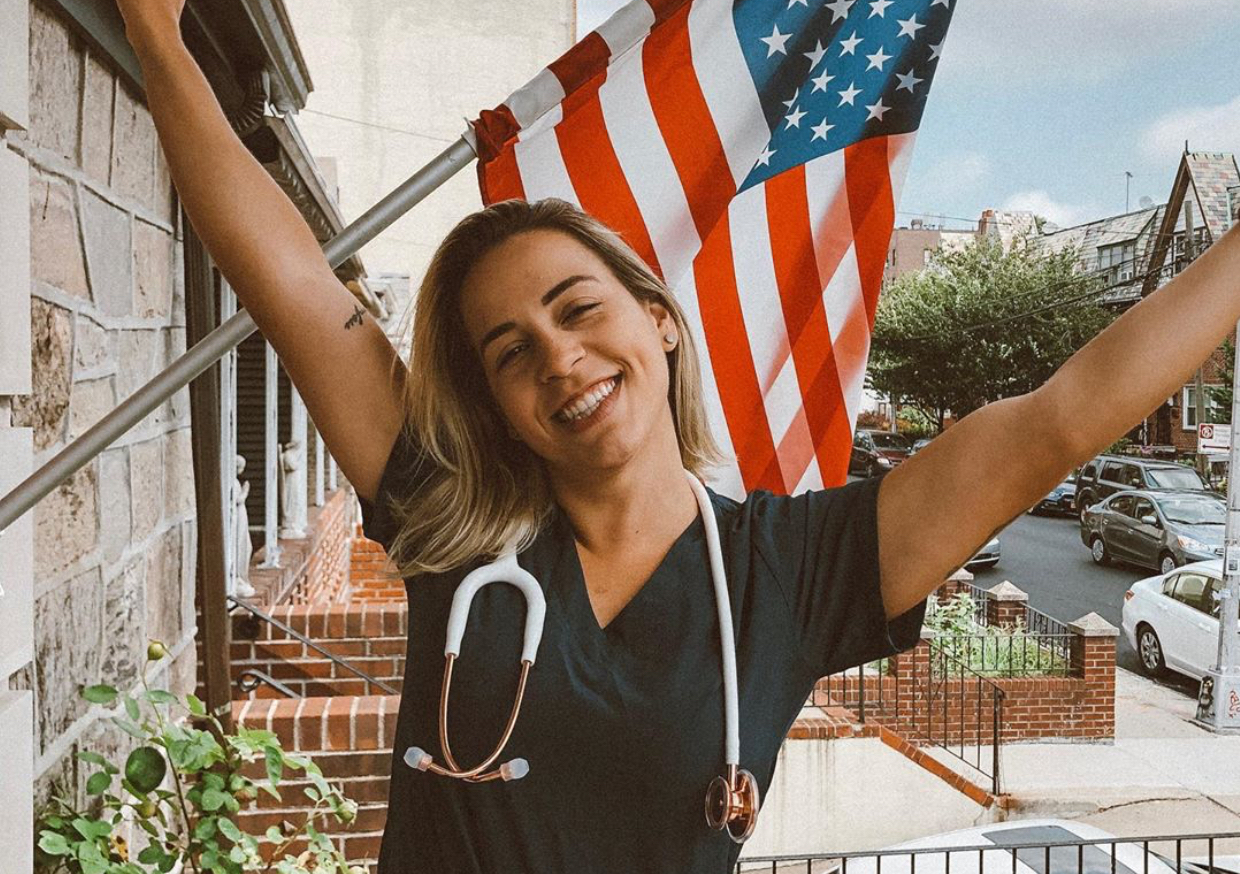Last week, the Federation of State Medical Boards and the National Board of Medical Examiners, co-sponsors of the United States Medical Licensing Examination, announced that the USMLE Step 2 Clinical Skills would be canceled indefinitely.
This news comes as a surprise since the exam, which has been on hold since June due to COVID-19, was on track for a refresh. Following the exam’s delay, an announcement was posted on the USMLE’s website that the boards in charge of the exam would spend 12-18 months redesigning and relaunching the USMLE Step 2 CS.
While a redesign and relaunch are no longer in motion, the USMLE mentioned that channeling resources to find additional methods to assess medical trainee clinical skills.
Curious about how the cancelation of this exam could affect your education and application for residency? Here are some predictions.
Standing Out to Residency Programs Might Be More Difficult
The USMLE Step 2 CS tested an individual’s patient interaction skills. Test takers had to demonstrate their abilities to create treatment plans and provide preventative care education. Passing the exam showed that an individual was a good communicator, had substantial knowledge of common diseases, and could create care plans quickly. Without this exam, medical trainees will have to find other ways to show residency programs that they are proficient in the tasks outlined above.
While clinical training is included in all medical school curriculum for late-year students, you should seek supplement clinical training opportunities to further demonstrate your skills. One way to go about this is to pursue additional clinical training opportunities.
Explore four-week clinical rotations with AMO >
You can list additional clinical training experiences like those offered through AMOpportunities on your resume/CV. You can also focus on them during your residency interviews. Participating in further real-world learning shows residency programs that you are willing to go above and beyond what is expected—which is what truly successful physicians do daily.
Applying to Residency Might be Easier
Because passing the USMLE Step 2 is required to apply for residency, individuals who did not pass the exam were turned away. They were left with two options—retake the exam or give up on becoming a U.S. physician. From 2018—2019, 95% of U.S. medical students and graduates passed the USMLE Step 2 CS. For IMGs, just 75% of those who took the exam passed it.
While the USMLE Step 2 no longer exists, IMG residency applicants must fill this gap to obtain the ECFMG certification. ECFMG certification is required to apply for U.S. residency. If you are an IMG, the Educational Commission for Foreign Medical Graduates offers five ways that you can fill this gap, which you can read about here.
Applying to Residency Might Be More Affordable
Obtaining medical residency isn’t cheap. Each USMLE exam has an associated fee. The USMLE Step 2 CS was the most expensive of the exams at $1,580. While this fee alone is a significant financial investment, it’s more costly for IMGs as they travel to the U.S. to take the exam. These individuals have to budget for airfare, hotels, and meals, among other items.
Whether you’re an IMG or not, with this exam canceled, you can enjoy greater financial freedom. You may even consider using some of the savings from the exam cancelation to attend additional interviews or add to your rank order list—both of which can increase your individual’s odds of matching.
Your Grades Might Improve
Those hoping to begin residency right after medical school graduation had to balance schoolwork and studying for the exam if they had not taken it yet. If this was something in your plans, the exam cancelation means you can focus on finishing your last year of medical school strong. Your grades play a large role in getting into medical residency so having extra time to study for exams, practice your skills, and complete assignments can only benefit you.
Need letters of recommendation for your residency applications? Earn one during an AMO clinical experience.


